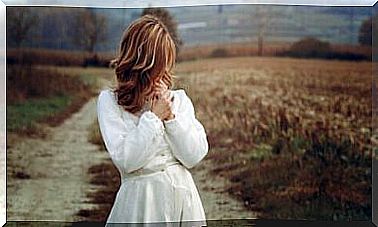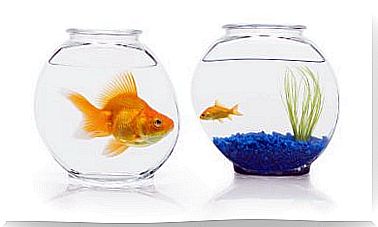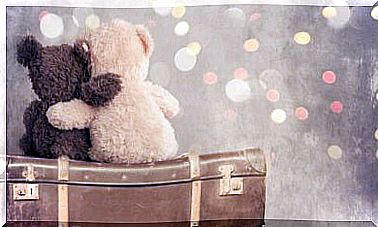What Does The Future Hold? Reduce Uncertainty
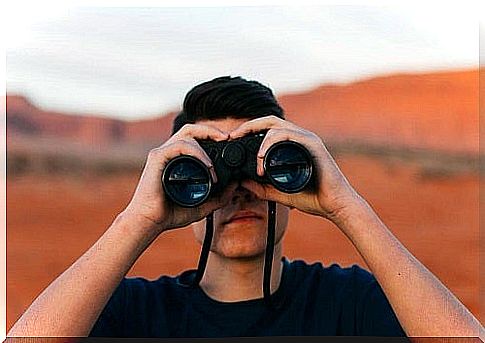
What will happen tomorrow? What’s going to happen in a week? And in a year? Or in twenty years? What does the future have to offer? Finding answers to these questions is difficult, if not impossible. By definition, the future is one that has not yet happened, therefore it is characterized by uncertainty, by a general doubt that prevents us from having certainties. But is there any way to reduce this state of uncertainty?
Certainly yes, uncertainty can be reduced, but it is almost never possible to eliminate it entirely. Although there are pseudo-sciences and other disciplines that would allow us to know what the future holds , they usually rely on vague interpretations of the future in order not to make any false steps.
If we have the “certainty” that tomorrow will be a good day, it is more likely that it really is as we will have a positive attitude towards uncertainty. More than a real prediction of the future, it is a reduction of uncertainty and a modification of our attitude towards it.
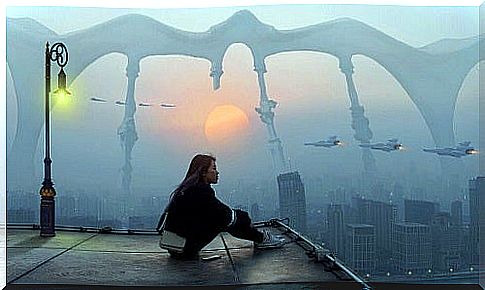
Reduce uncertainty to know what the future holds
Plan B
Assuming that the future is unpredictable, the best way to know it is to reduce the uncertainty that characterizes it. One way to do this is to make several predictions. We imagine that we do not know what the weather will be tomorrow, but based on our intuition we come to the conclusion that it will be sunny and, therefore, that we can go to the beach. Even if it hasn’t rained for several months, nothing prevents it from raining tomorrow and ruining our plans.
If we plan a plan B (example: if it is sunny, I go to the sea; if it rains, to the museum) our plans will not be ruined under any circumstances (or at least this will be our impression). Imagining different future scenarios is a good way to decrease uncertainty. Once that is done, we will be prepared to face the unknown no matter what.
To predict the future and reduce uncertainty, you don’t need to know what’s going to happen. We need to think about what might happen. Imagine all the possible options that could occur and discard the most unlikely based on the reality of the facts. For example, we think that tomorrow there could be sun, clouds, rain, snow, etc. Again, based on the current temperature, humidity and geographic location, etc … we can discard some options and attribute more or less probabilities to the others.
Use of schemes
A common, often unconscious practice to reduce uncertainty is the use of mental schemes. Experience teaches us that certain events tend to repeat themselves when certain circumstances occur. And the more experience, the greater the reliability of these schemes.
Generally such schemes are useful, especially when the cause-effect relationships are well understood. For example, we know that if we throw a stone at another person, we will hurt them. But if we also know that the extent of the damage will depend on the size of the stone and the force with which we throw it, we will be able to modify these variables according to our interests. Obviously there is no need to specify that this is a simple example, throwing stones at someone is never good.
Such schemes also serve to explain our behavior. However, it is easily influenced so it is difficult to identify all the variables that affect it in some way. When we play a joke on someone, they can be amused or annoyed. If he laughs and plays the joke, he probably will do it with other similar jokes as well. But be careful, what if for that person it is a “no day”? He probably won’t laugh. In these cases the schemes may not be good advisers, as heuristics and deductions can play tricks on us.
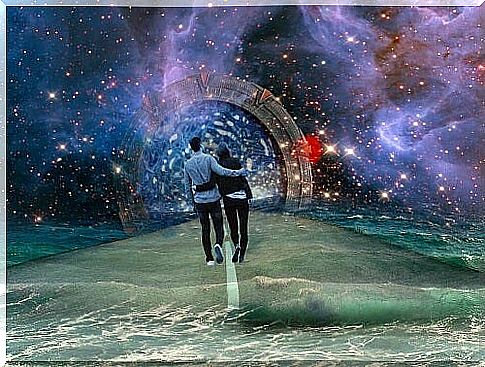
Prospect
Predicting what the future holds has led to the development of disciplines such as perspective, which studies the future in order to understand it in order to influence it. Of all the things we can find out about the future, what will happen is the least interesting part, the important part is how it will happen and above all why. The perspective should be understood as a tool for managing uncertainty, for reducing doubt.
The perspective aims to understand the causes and the sequence of events that lead to the realization of one possibility rather than another. Perspective is not based on predictions, it is not used to predict the future, it is used to explain why that will happen and not something else. And, in some cases, to change the cards on the table before an event occurs. Even if the future is always uncertain, we can do something to reduce the degree of uncertainty and not be caught unprepared.

